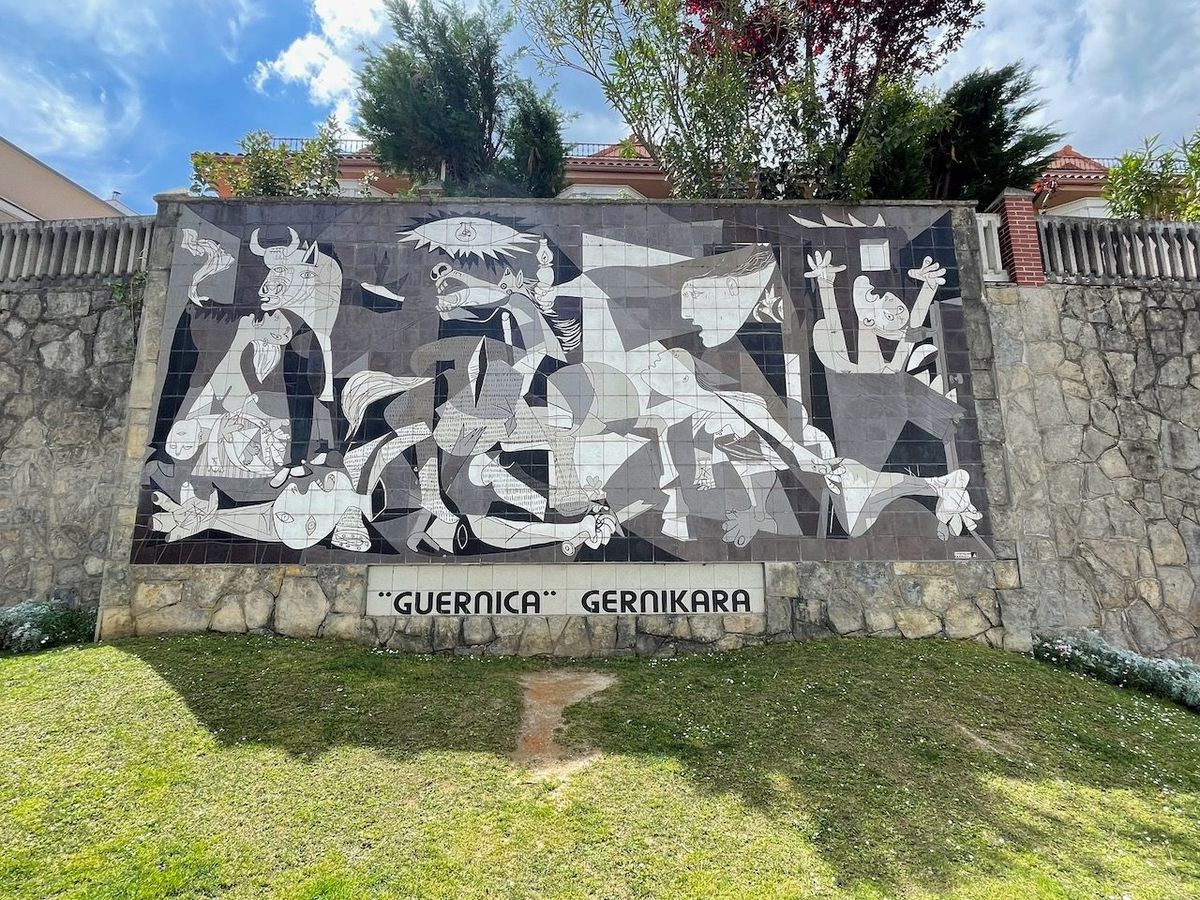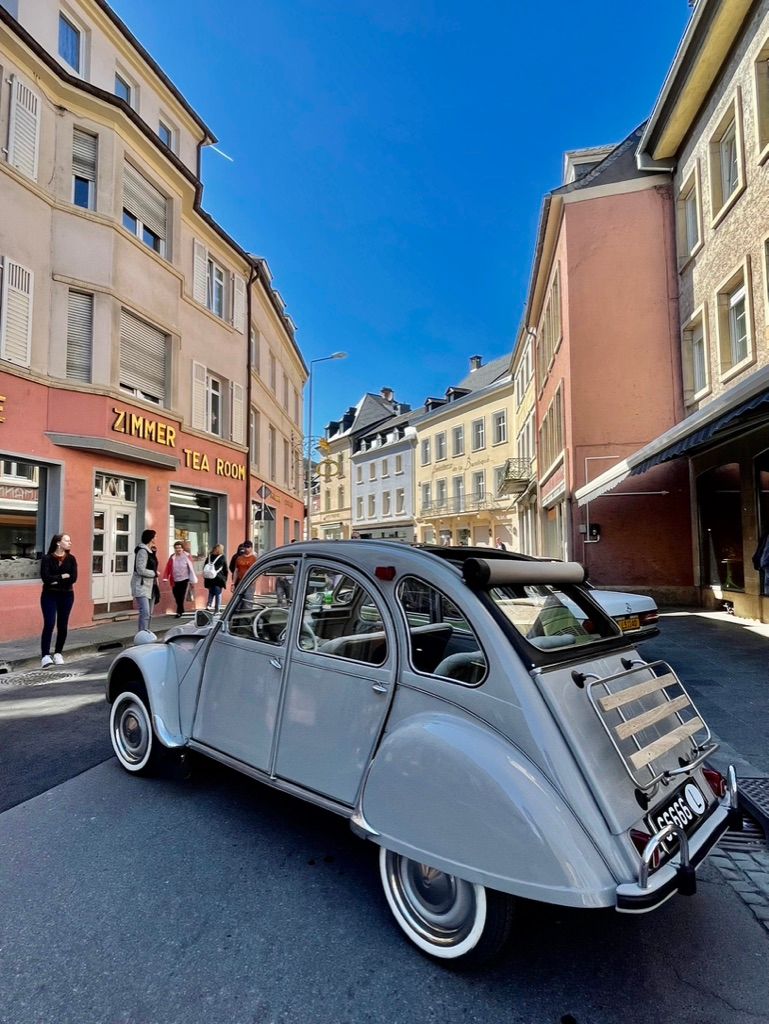Plagiat or copyright infringement
When is copying text plagiat, and when is it an infringement on copyright? I made a rookie mistake and corrected it.

The other day I was stupid enough to take a glossary from a book and publish it as supporting material to an article on my blog. I had started adapting and adding to it to make it my own work, but I got a slap on the wrist from the copyright holder and deleted the content and apologized. And I looked deeper into plagiarism and copyright again.
Difference of plagiat and copyright infringement
The difference between plagiat and copyright infringement is that with plagiat, you pretend to be the author, and with copyright infringement, you unjustifiably multiply the work of others. If I plagiarize I am an imposter, if I infringe on copyright I am a thief.
So, when I wrote the glossary, where I did not state the author or the source, I was committing plagiarism and I infringed copyright. If I had mentioned the name and source, it would only have been a copyright infringement.
Suppose I publish an old work in the public domain (free of copyright) under my own name, then I am committing plagiat, but I am not infringing copyright. Then it is not punishable, but morally reprehensible.
Fair use
Was I copying to steal? No, that was not my intention. I wanted to use the glossary, adapt it, expand it and use it for teaching purposes. My website is not a commercial work, it is a hobby and I do not earn anything from it.
I didn't consider the glossary to be my own work, but as a common thing. After all, how else are you supposed to start a list? I thought it would be a fair custom.
I went to find out more about fair use (sort of like the right to quote). But fair use is an elastic concept, and when in doubt it can be taken to a judge. The law requires that the legality of the use can be compared to the following four guidelines:
- The purpose and character of the use, including whether the use is commercial or educational and not-for-profit
- The nature of the protected work
- The scope and importance of the copied portion relating to the protected work as a whole
- The effect of the use on the (potential) market for or value of the protected work
Compared to my article, the word list was long enough to be unbalanced and, on reflection, it would not be fair use. I could have thought of that too.
How much change does a text need?
When studying plagiarism and copyright, I was reminded of Theseus' ship. This is a thought experiment. In time, all parts of the ship are replaced by new ones and at a certain point, no part is original. The question then arises: is the ship still original? How many parts of a boat can you replace until the old ones no longer exist?

And how much text do you have to change or replace before it is no longer plagiarism or the copyright does not rule any more? That question is even more important now that smart algorithms can translate and re-translate. I even found a service that specializes in this:
On that site, you can check texts for plagiarism, but also have them rewritten using algorithms. It's a bit of an awkward feeling because it may be legally permissible, but it still doesn't feel entirely right. As Warren Buffett tends to say:
I don't care if the law allows it. Can you explain it to your mother? Warren Buffett
To a certain extent, paraphrasing and borrowing will be inevitable. Every so often it is honourable when your texts prove to be a form of inspiration, but occasionally, it will feel like stealing, especially if the texts are used where people are fishing in the same pond.



